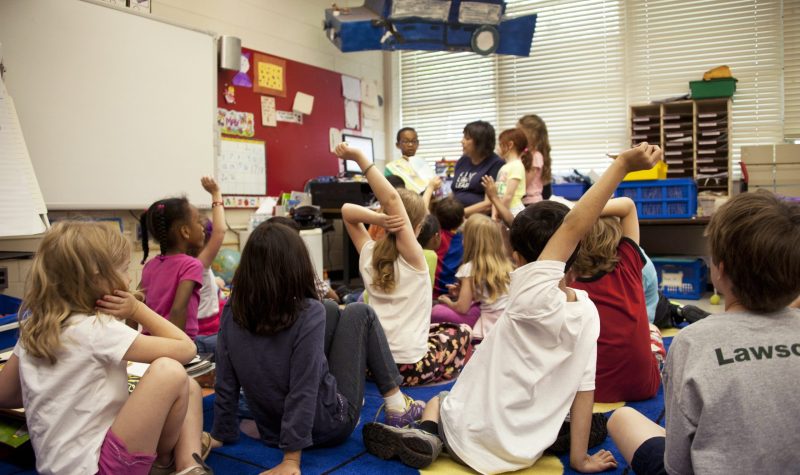The start of the school year is often a time of new beginnings, but this year, it’s also crunch time for school boards and service centres trying desperately to fill open positions.
Earlier this week, Quebec Education Minister Bernard Drainville said that 1,829 teaching positions in the province were still unfilled.
Minister Drainville has lowered teaching requirements to make up for the shortage. He’s looking for one adult per classroom, and says candidates don’t need an education degree, or even a bachelor’s degree, to qualify.
Sebastien Joly understands the Minister’s position, but says that having someone unqualified in the classroom brings added pressure to school teams.
Joly is executive director of the Quebec Provincial Association of Teachers, which represents some 8,000 teachers in Quebec's English school boards.
He tells CKUT that the teacher shortage is a result of prolonged underinvestment in the sector, made worse by the COVID-19 pandemic and the addition of new pre-kindergarten classes.
“When Minister Drainville is saying that that’s his goal… that every position be filled by an adult, fair enough. At the same time, [the provincial government] continue[s] on with the implementation of four-year-old kindergarten," Joly said. "They have not done anything meaningful to alleviate the pressures on the shoulders of teachers.”
Those pre-kindergarten classes were a campaign promise of Premier Francois Legault. His Coalition Avenir Quebec government announced they would slow down the rollout of the classes to account for the teacher shortage earlier this year.
Joly says he's still not seeing enough government support on issues like the rise in students with different learning needs.
The union is currently in a period of collective bargaining with the provincial government. According to Joly, educators don’t want a strike – but it’s not out of the question if they don’t see movement from the province.
“We are hoping that this crisis will open their eyes on the importance of reinvesting substantially in education.”
Listen to the story below:


